A Nice Office is Not a Reward
Break-out spaces. Beanbags. Fancy coffee machines. Breakfast stations. And yes, even ping pong tables.
The modern office has become something of a cliché in recent times. We have all seen the typical job adverts that list these office fixtures as benefits, usually alongside other legally-mandated "benefits" such as pensions and death in service.
Too many businesses have tried well-meaning approaches to modernising their workspaces without consulting their employees. This has led to a stark increase in bright walls, open plan designs and “perks” that appear positive on the surface but are actually designed to encourage longer hours in the office.
But is this something that people want on a full-time basis?
A Misunderstanding of What Constitutes a “Reward”
Modernising offices is, on paper, a great idea. People want to thrive in conditions that are designed to be flexible and to encourage creative working and collaboration. There is no issue with working in a modernised office; the issues arise, however, when a modern office is viewed as a business going over and above.
In order to encourage the best in our employees we should be offering an exciting workplace as standard. For too long businesses have been misunderstanding the efforts they put into modernising their office as a business benefit, or as a reason for wanting to join their company.
It’s crucial that businesses that expect to compete in such a challenging market rethink their approach to employee rewards. Office culture, pensions and statutory government schemes are not enough to win over a talented potential employee
Where It Went Wrong
When businesses are too large, or are stuck in pre-existing mindsets, it can be difficult to adopt modern practices easily. Agile methodologies have been on the rise over the last two decades, and with it come new ways of looking at work. The crucial thing, however, is that these are designed to increase productivity, not as a reward.
According to a report by Sage, only 5% of surveyed employees believe that a ping pong table is of value to their workforce experience. From the same report, more than half actually believe that office games are a distraction to their productivity.
When it comes to rewarding employees, it needs to be a marked improvement on their work or something they actually want. Rather than offering full-time hours from a revamped office, why not offer hybrid working – something which has seen a massive increase in popularity after the pandemic. Or, instead of investing in an expensive pool table or coffee machine, why not invest in your people for a similar cost?
The desire for employee rewards is huge right now, with Harvard Business Review noting that many would prefer them to a pay rise. It’s time to take them seriously and realise the value that a small investment can have on your business.
How Do We Fix It?
We need to strip back the idea of employee rewards and remember they are just that: a reward. Painting an office and adding in some surface-level fixes is not rewarding; listening to your employees, understanding their concerns and desires and acting accordingly on them is a reward.
Having a nice office is always going to be preferred to an outdated one; however, it’s important not to mistake that for something grander. People are clear about wanting tangible rewards that help to mobilise them, better them and encourage a more productive work-life balance. Tools designed to increase time spent in the office only serve as a hindrance to these.
Be proud of the culture you have created and the space you work in… just leave it out of the benefits section of your job ad.

